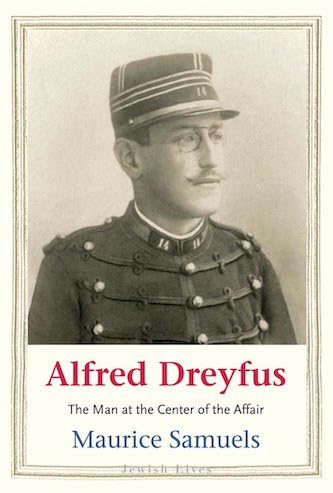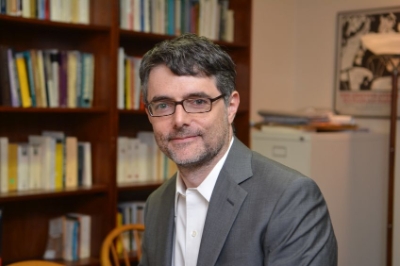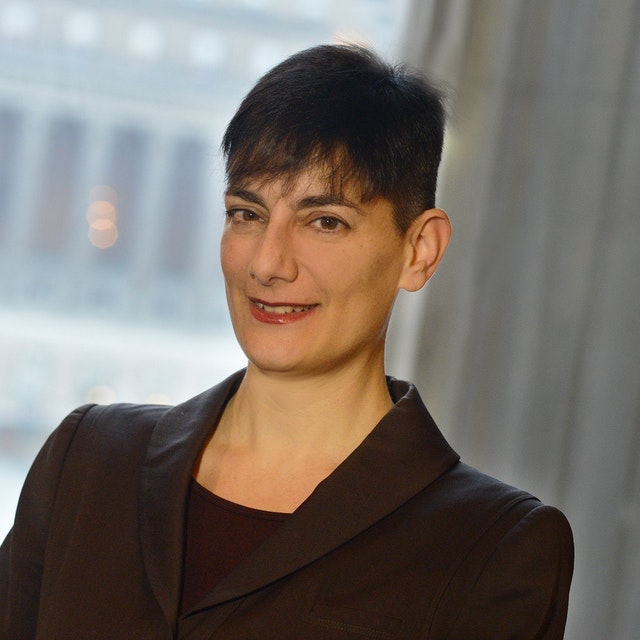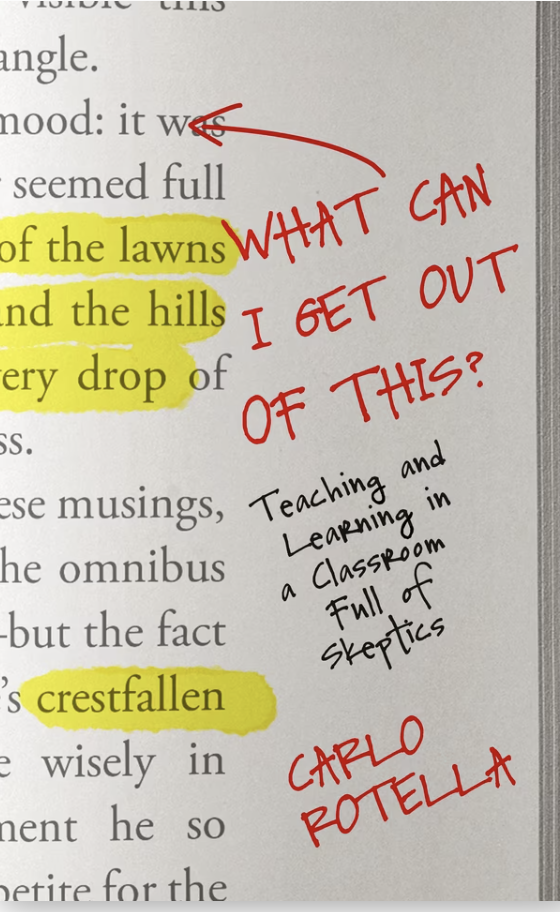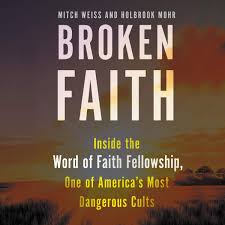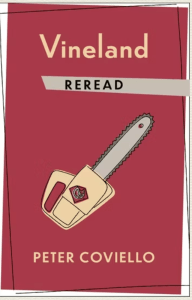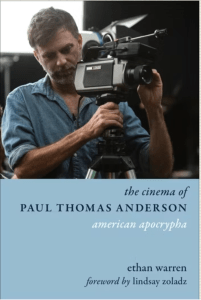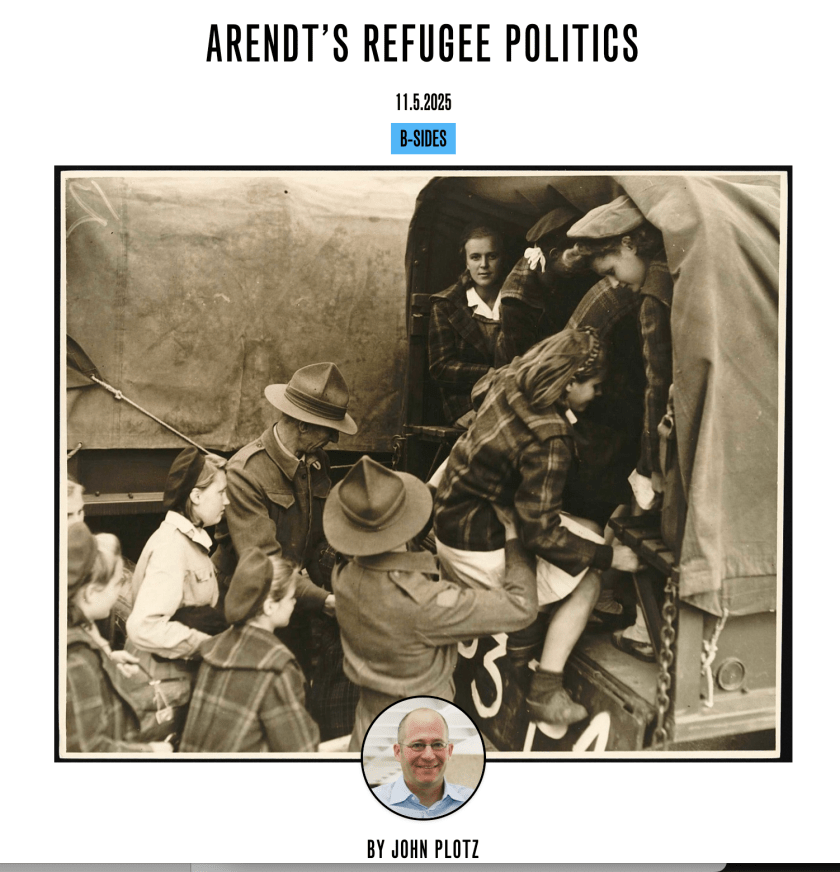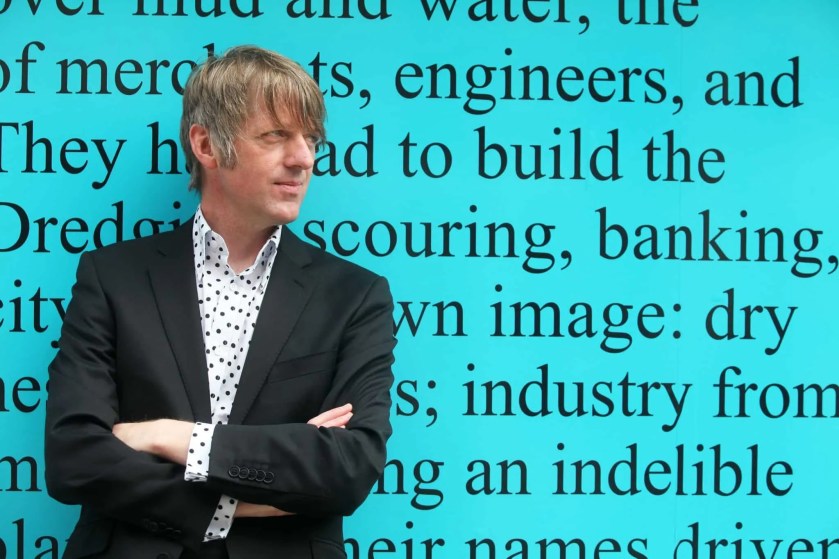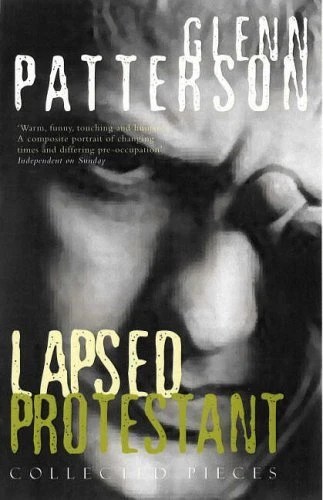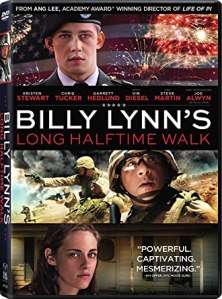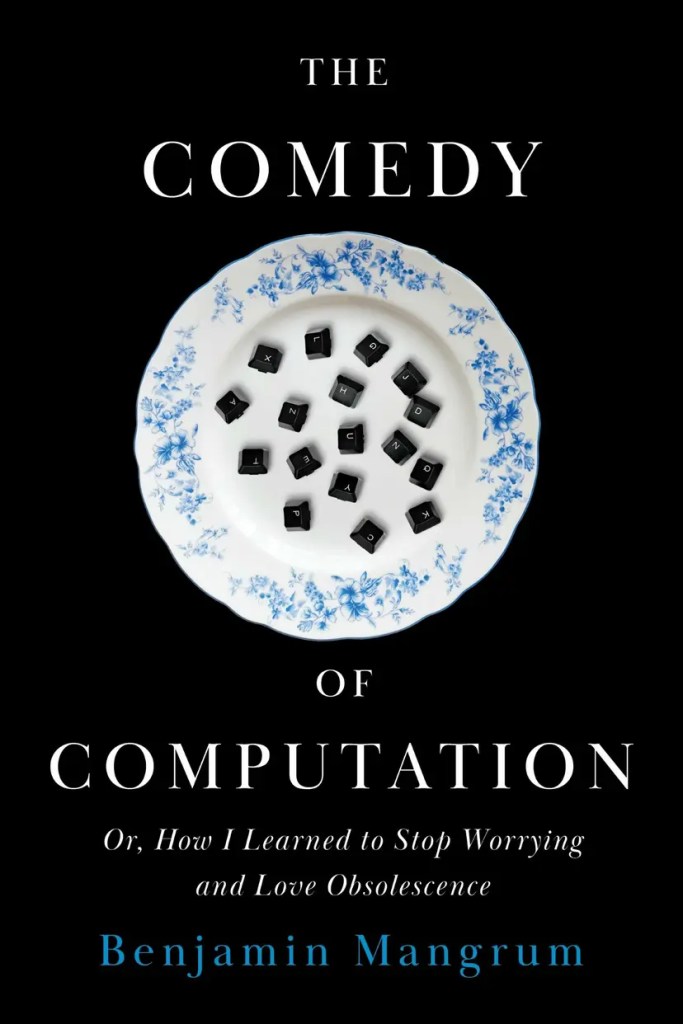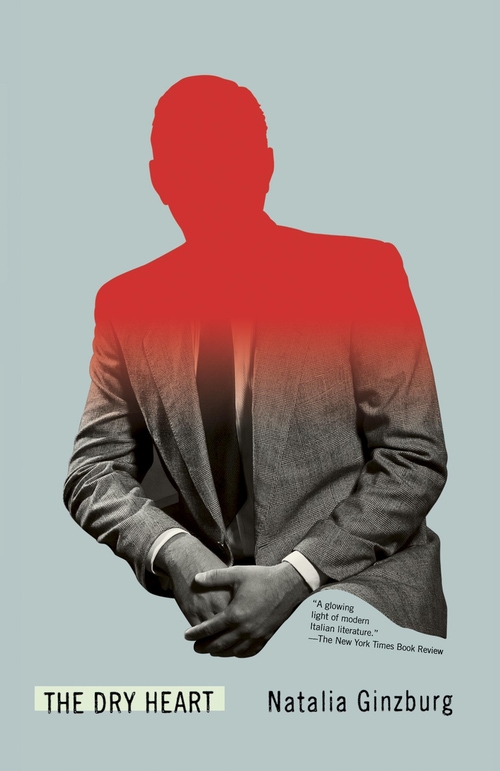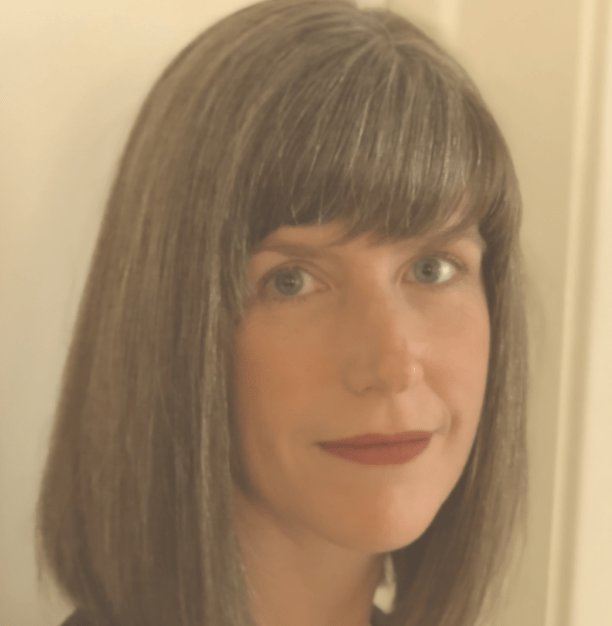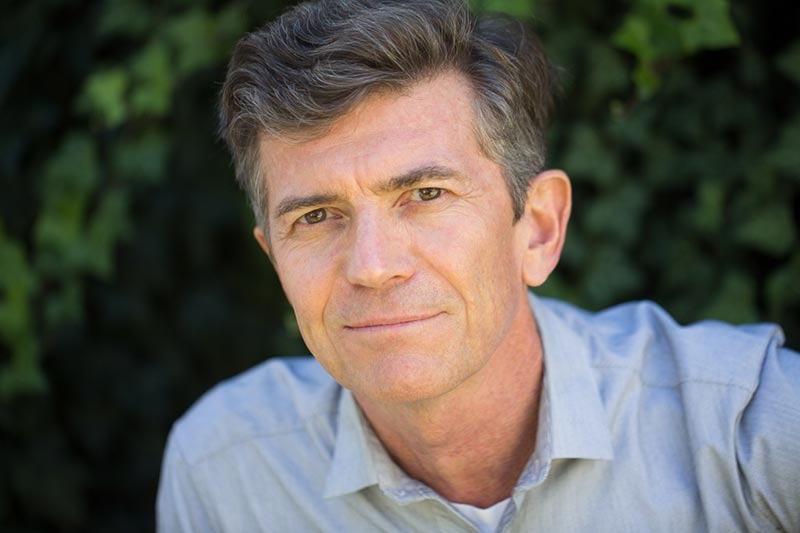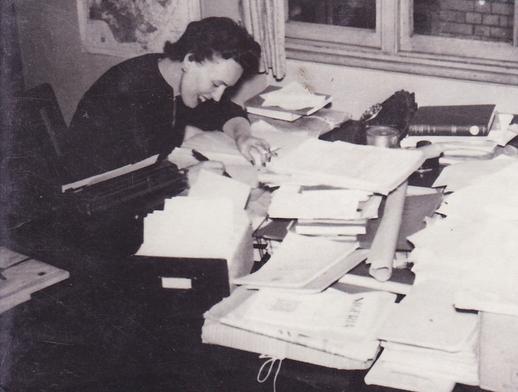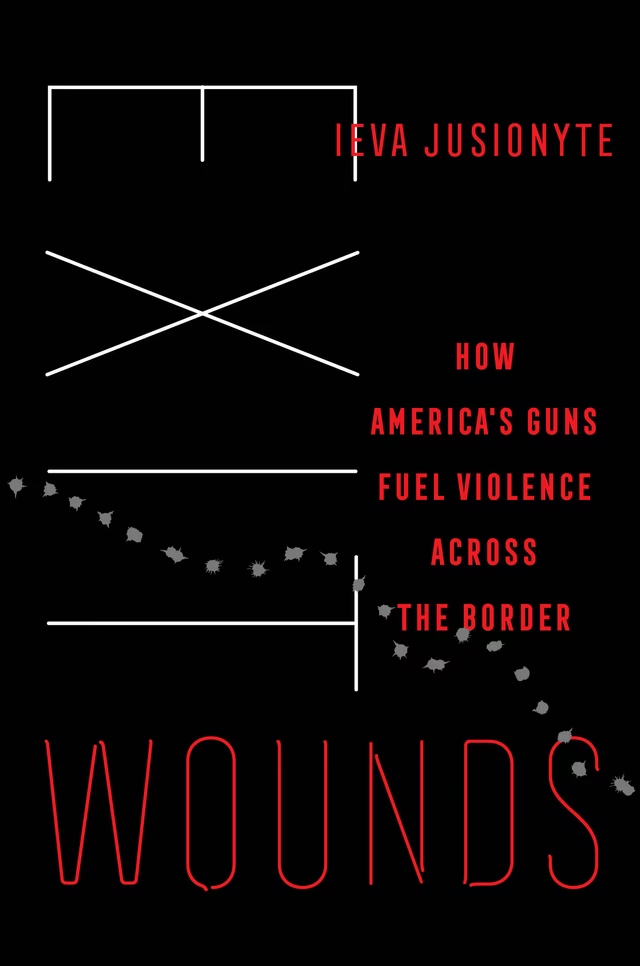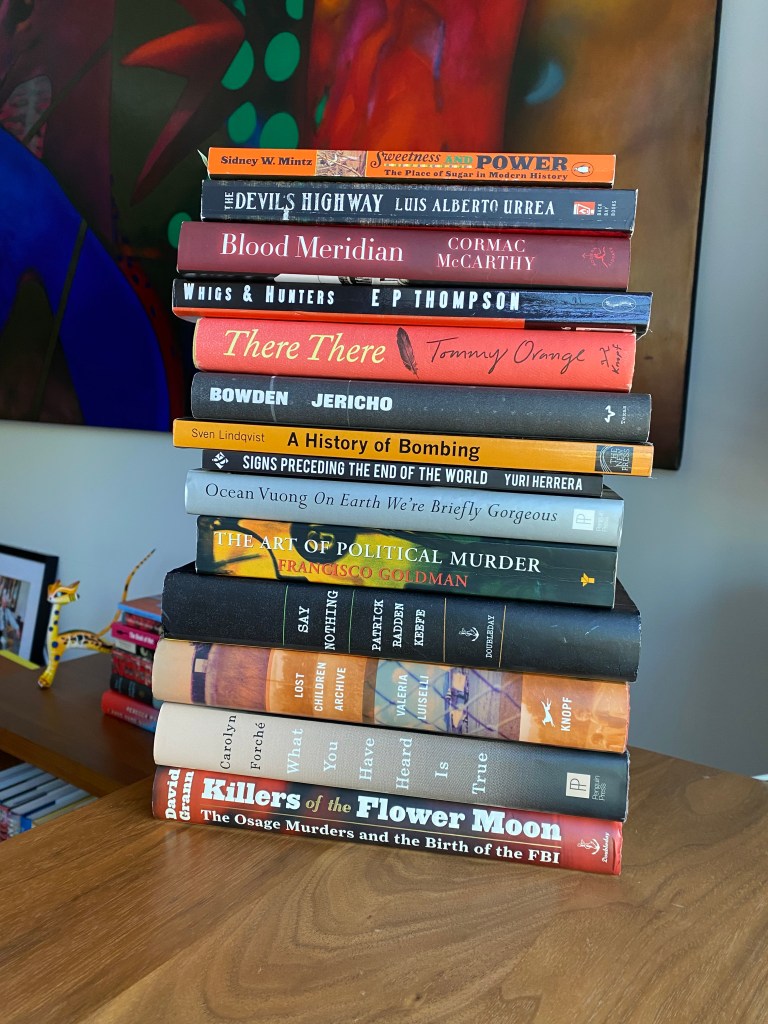In this RTB and Novel Dialogue episode from 2021, Helen Garner sits down with John and Elizabeth McMahon, a distinguished scholar of Australian literature. Helen’s novels range from the anti-patriarchy exuberance of Monkey Grip (1977) to the heartbreaking mortality at the heart of The Spare Room (2008). She has also authored a slew of nonfiction, plus screenplays for Jane Campion’s Two Friends and Gillian Armstrong’s wonderfully Garneresque The Last Days of Chez Nous. After a reading from John’s favorite, The Children’s Bach, the trio discusses Garner’s capacity for cutting and cutting, creating resonant, thought-inducing gaps. Garner connects that taste for excision, perhaps paradoxically, to her tendency to accumulate scraps, bits and pieces of life. She relates her father’s restlessness to her own life-total of houses inhabited (27). “Why wouldn’t I write about households?” asks Helen, “They’re just so endlessly interesting.”
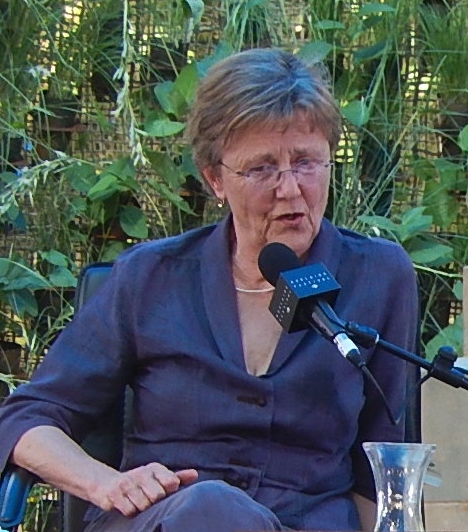
Who shaped her writing? Raymond Carver: packed with power, but the pages white with omissions and excisions. Helen offers an anecdote about her own pruning that ends with her “ankle-deep in adverbs.” That’s how to escape the “fat writing” that stems for distrust of the reader. She thoughtfully compares the practical virtues of keeping notebooks for the “music” of everyday life to the nightly process of diary-writing (more analytical). John raises the question of pervasive musical metaphors in Helen’s writing, and she reports her passion for “boring pieces” and the “formal” side of Bach, which makes a listener feel that there is such a thing as meaning. “There’s something about shaping a sentence, too, which can be musical.”
Mentioned in the Episode
- Marilynne Robinson, Housekeeping (the fixed people and the wandering people), Gilead, Home,
- The West Wing (yes, the TV show! Helen watched it during lockdown when she couldn’t bear fiction…)
- Raymond Carver‘s minimalist fiction (his first collection)
- Tess Gallagher (as writer and as Carver’s editor)
- Willa Cather, “The Novel Démeublé” (1922; on how to un-furnish fiction, leaving it an empty room)
- Ernest Hemingway, A Moveable Feast
- Sigmund Freud on “the day’s residue” (e.g. in The Interpretation of Dreams, 1900)
- George Eliot, Quarry for Middlemarch


